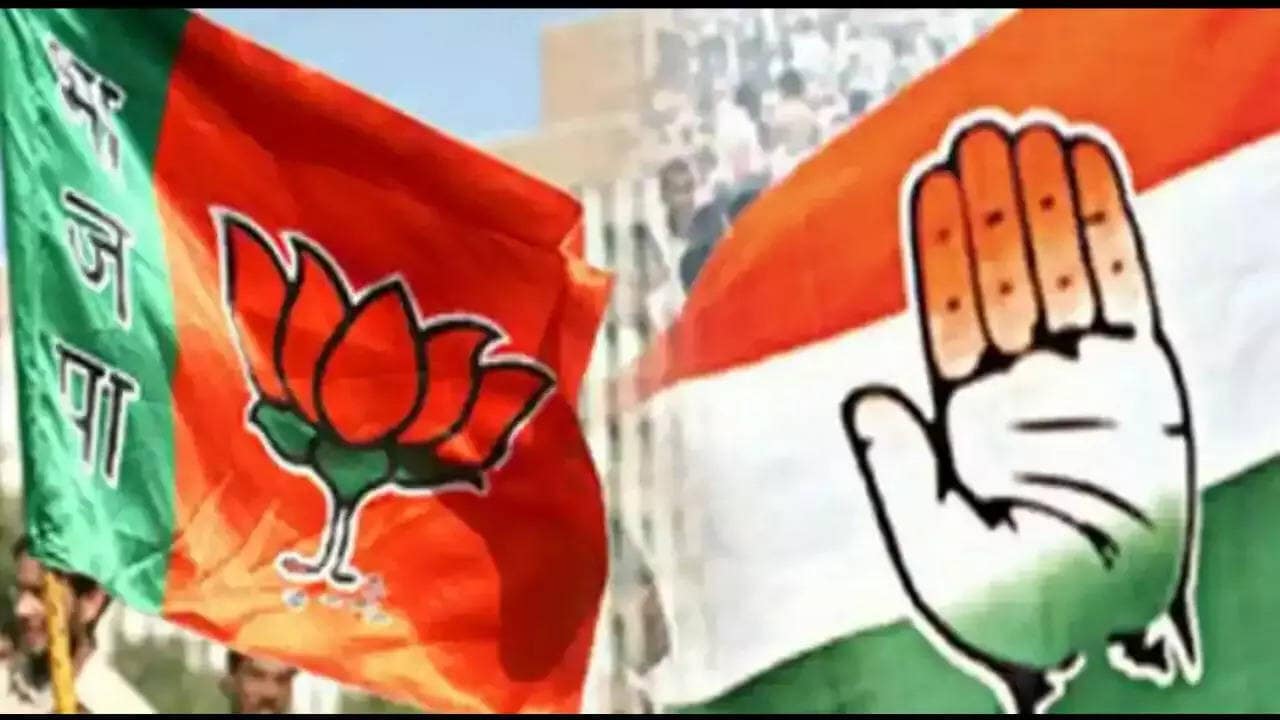
Satellite spectrum auction or administrative allotment: Congress vs BJP
What's the story
A political row has broken out between the Bharatiya Janata Party (BJP) and the Congress over the Indian government's decision to administratively assign satellite spectrum.
The controversy was triggered by Congress MP Jairam Ramesh, who hinted that this move could open the doors for Elon Musk's Starlink to enter India.
Ramesh posted a parliamentary question raised by his party colleague Viriato Fernandes on the matter.
Official response
Government denies favoring Starlink with spectrum allocation
Responding to the Congress's allegations, Minister of State for Communications Pemmasani Chandra Sekhar denied any intention to favor Starlink.
He explained that the Telecommunications Act, 2023 allows administrative assignment of spectrum for satellite services.
"The Department of Telecommunications (DoT) grants authorizations under Unified License (UL) for providing Satellite-based commercial communication services," he added.
Policy defense
BJP defends spectrum allocation decision
Union Minister Jyotiraditya Scindia defended the government's decision, saying satellite spectrum cannot be auctioned for "technical and operational" reasons.
He also noted that no country currently auctions satellite spectrum.
Scindia slammed Congress for its handling of the 2G spectrum allocation during the United Progressive Alliance (UPA) era, calling it a "scam" with huge financial losses.
Auction transparency
Scindia highlights transparency under Modi's leadership
Scindia stressed that under Prime Minister Narendra Modi's leadership, mobile telephony spectrum is currently auctioned to maintain transparency and public interest.
He went on to say that satellite spectrum in some frequency bands is inherently shareable, which makes auctions impractical.
The minister cautioned that not assigning this under-utilized spectrum could lead to lost revenue and missed technological advancements.